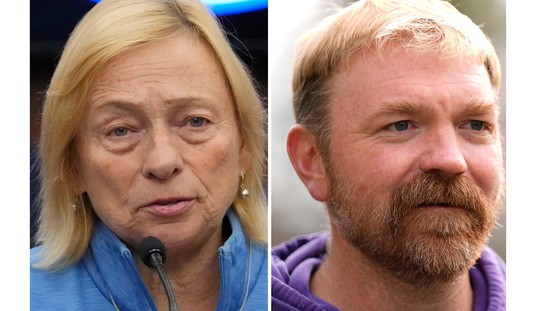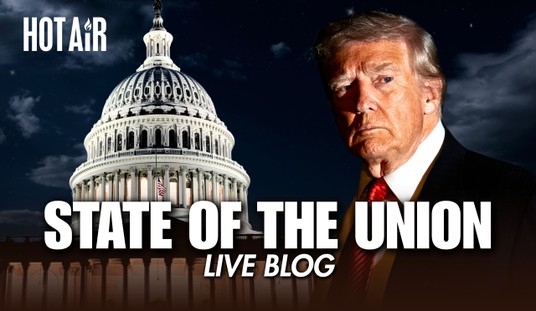An interesting, if likely doomed idea has been introduced in the California state legislature this month. One Republican lawmaker has proposed expanding the state’s Fair Housing and Employment Act by adding another “protected class” to the already lengthy list of demographic pigeonholes that are listed. But rather than defining people by race, gender, religion or any of the other usual classes, she would be protecting individuals based on their political party affiliation. State senator Melissa Melendez claims that this action is required in response to the cancel culture that’s been sweeping the nation. (Route Fifty)
Citing a “climate of intolerance,” a California state lawmaker wants to fight “cancel culture” by making political affiliation a protected class.
The Diversity of Thought Act, introduced last week, would add political affiliation as a “protected characteristic” in California’s Fair Housing and Employment Act, similar to the anti-discrimination protections offered to people based on their race, religion, physical disabilities or gender identity. The legislation, packaged with a separate bill that would require schools to investigate bullying on the basis of political affiliation, is designed to “protect against cancel culture discrimination,” according to state Sen. Melissa Melendez, the measure’s sponsor.
The entire concept of having “protected classes” enshrined into our legal code is frankly offensive, so in general terms, I would prefer to see less of them rather than adding to the list. Whether it’s housing, employment or any other aspect of a free society, the only sort of legal protection we should require is an assurance that everyone will be evaluated on their own merits and be given the same opportunities. Of course, that ship has long since sailed, so I’ll get off of my soapbox.
As to Senator Melendez’s bill, I’m really not sure what to make of it. First of all, how are people supposed to define themselves in terms of political affiliation, to say nothing of defining anyone else? Are you only “protected” if you’re a Republican or a Democrat? Nearly half of the country’s voters are people who are either independents or register with a third party. Do you require protection because you’re a liberal or a conservative? If so, how liberal or how conservative are you? What if you call yourself a moderate?
Even assuming you can get past the basic definitions, this measure runs into the same problems as every other law dealing with “protected classes.” If you’re trying to land a job or rent an apartment and you are turned down, some mindreading is required to determine if you have a valid complaint (and probably a lawsuit). Did the manager hire someone else because you’re a minority or because another applicant had more education and related work experience? You may say that you didn’t get the apartment because you’re gay, but the landlord might have discovered that the new tenant who beat you out had a more stable rental and employment history.
In that last example, how did the landlord even know you were gay unless you told them? Similarly, how will they find out your party affiliation? I suppose they can sniff out some hints if you’re active on social media, but that’s a pretty tenuous thread to pull on when looking at potential legal action. Of course, Melendez may draw more support than I’m currently envisioning because one of her Democratic colleagues in the legislature immediately went out on social media and appeared to make her point for her.
I don’t know who needs to hear this today, but: Your racist, pro-domestic terrorism, xenophobic, misogynistic views do not warrant protection “from discrimination.” Your choice to hate & actively pursue hate does not make you part of a protected class.
— Lorena Gonzalez (@LorenaSGonzalez) February 16, 2021
What a mess. The whole point is really moot anyway because Democrats hold sizable majorities (if not supermajorities) in both chambers. There’s no way they’re going to consider a measure that might benefit Republicans.








Join the conversation as a VIP Member